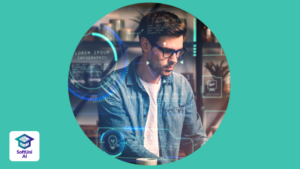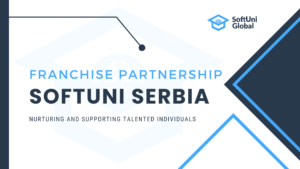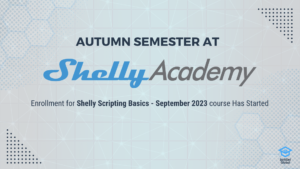In this episode, Svetlin Nakov will explain to you what databases are. That probably is not news to you, but the world creates a lot of data nowadays. By 2030, more than 465 exabytes of data will be created each day globally. That statistic is proof that handling data becomes essential, and that is where Databases come into the picture.
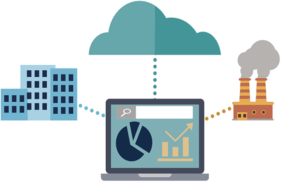
A database is a place for storing our data but in an organized structure. Data is organized and stored in the form of tables. A table contains rows and columns. Each row in a table is a record, and column a field that describes the row. For example, In a customer table, each row is a unique person, and fields like name and address describe this specific customer.
We usually say that our database is MySQL, MongoDB, SQLite, MS SQL Server, etc. That is wrong! They are not databases, but database management systems(DBMS).
The DBMS is the software that you install on your personal computer or a server, and then you would use it to manage a database. Modern software systems use a DBMS system to manage data instead of implementing the data management internally.
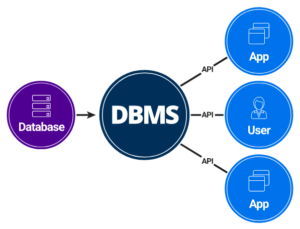
One of the most important DBMS are:
- Relational Database Management Systems (RDMS)
- NoSQL Database Systems
Today’s demo will be done with RDMSystem. They consider the relationship between the tables by using primary keys and foreign keys. Thus, it offers an advantage over other DBMS by fetching and storing the data. It is used in enterprises for storing large amounts of data.
Examples of RDBMS are:
- Microsoft SQL Server
- SQLite
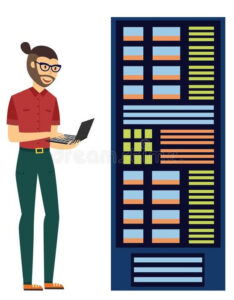 The next type of DBMS is NoSQL. Non-relational databases do not store data in tables. Instead, there are multiple ways to store data in NoSQL databases, such as Key-value, Document-based, and Column-based. Each record does not have to be in the same structure as other records. Due to this, to add additional data, you can add more records without changing the structure of the entire database. Although there are many perks to NoSQL databases, SQL databases are still more commonly used at this point.
The next type of DBMS is NoSQL. Non-relational databases do not store data in tables. Instead, there are multiple ways to store data in NoSQL databases, such as Key-value, Document-based, and Column-based. Each record does not have to be in the same structure as other records. Due to this, to add additional data, you can add more records without changing the structure of the entire database. Although there are many perks to NoSQL databases, SQL databases are still more commonly used at this point.
Database systems are a necessary component of most modern software systems, and software engineers must have at least basic database skills.
If you are new to programming, make sure to watch our Free Full Java Basics course! It will give you the necessary foundation to build upon and become a successful software engineer!
Lesson Topics
In this video we review the following topics:
- Databases
- DBMS
- Relational Databases
- NoSQL Databases
- Web SQL – Example
Remember that coding is a skill, which should be practiced. To learn to code, you should write code, every day, for a long time. Watching tutorials is not enough. You should code!
We would love to hear from you, so leave a comment below saying what topics you would like to see next.

